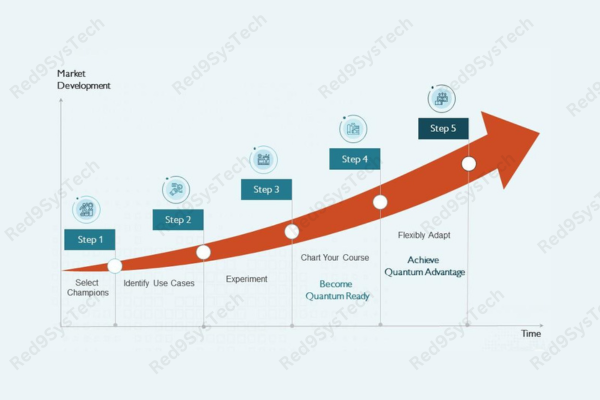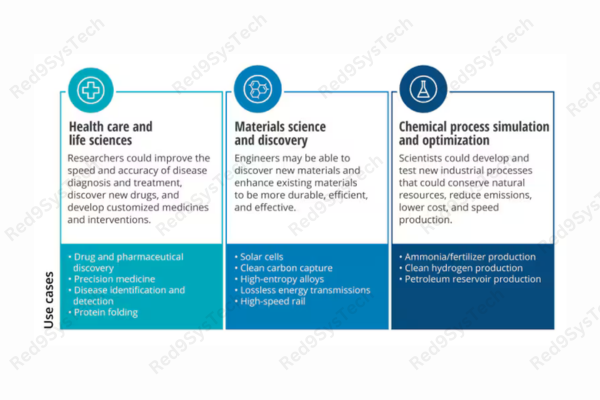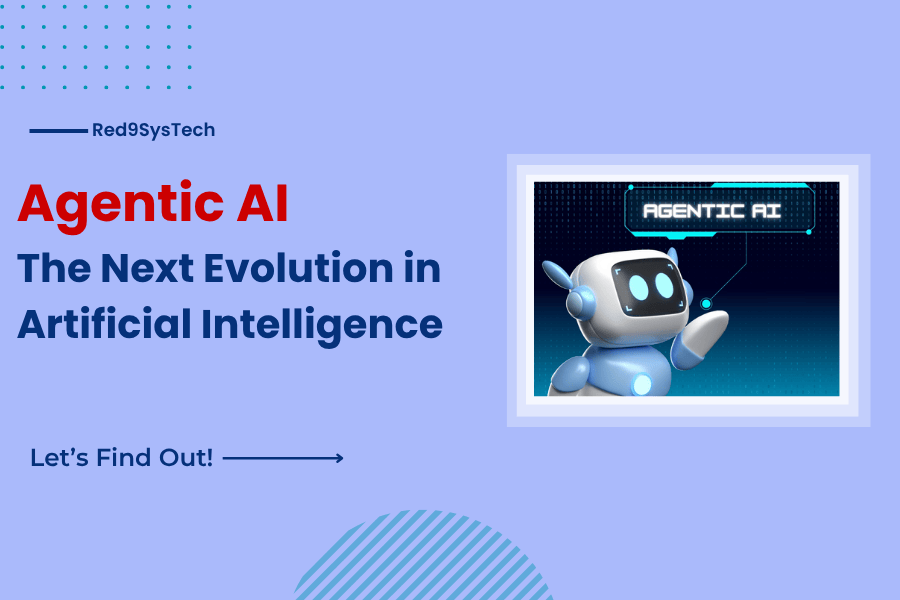Introduction: The Dawn of Quantum Computing
Imagine trying to solve a complex puzzle with millions of moving parts—something so intricate that even today’s most powerful supercomputers would take years to crack. That’s the kind of challenge quantum computing is designed to tackle.
While traditional computers struggle with such tasks due to their binary limitations (0s and 1s), quantum computers leverage the bizarre yet fascinating principles of quantum mechanics to process information in ways we’ve never seen before.
Quantum computing isn’t just science fiction anymore. It’s rapidly becoming a disruptive force, poised to revolutionize industries like cryptography, drug discovery, finance, and artificial intelligence.

Understanding Quantum Computing
At its core, Quantum Computing harnesses the unique behaviors of subatomic particles—like superposition and entanglement—to perform calculations at speeds unimaginable with classical computers.
Qubits vs. Bits: Unlike traditional bits that hold a value of 0 or 1, qubits can exist in multiple states simultaneously, enabling parallel processing on a massive scale.
Superposition: Allows qubits to perform many calculations at once.
Entanglement: Links qubits together so that the state of one instantly affects the other, boosting computational power exponentially.
Why Quantum Computing Matters in 2025
In the current data-driven era, problems are growing more complex, outpacing classical computing capabilities. Quantum computing addresses these pain points by:
Accelerating Problem Solving: Simulating molecular structures for faster drug discovery.
Revolutionizing Cryptography: Potentially cracking today’s encryption methods and prompting new quantum-resistant algorithms.
Enhancing AI & Machine Learning: Training models faster with quantum optimization.
Boosting Financial Modeling: Providing ultra-precise risk analysis and market predictions.
Implementing Quantum Computing: A Step-by-Step Roadmap
1. Assess Current Challenges
Identify computational problems where classical systems fall short (e.g., optimization, simulations).
2. Educate & Upskill Teams
Train your technical teams on quantum concepts, quantum programming languages like Qiskit or Cirq, and quantum hardware platforms.
3. Choose the Right Quantum Platform
Start with accessible quantum cloud services from providers like IBM, Google, or Amazon Braket for experimentation.
4. Pilot Quantum Projects
Launch small-scale quantum proof-of-concepts to understand real-world applicability without heavy investments.
5. Collaborate with Quantum Ecosystem
Partner with quantum research communities, startups, and academia to stay updated and co-innovate.
6. Prepare for Post-Quantum Security
Begin assessing quantum-safe encryption methods to future-proof your organization’s data security.

Real-Life Use Case: Quantum Computing in Pharmaceuticals
A global pharmaceutical giant was facing years-long timelines in simulating molecular interactions for new drug development. After integrating quantum algorithms into their simulation processes:
They reduced computation time from months to a few days.
Achieved more accurate predictions of molecular behavior.
Accelerated time-to-market for critical medicines, enhancing patient care and company revenue.
Read more use case of Quantum Computing

Best Practices for Quantum Adoption
Start with Hybrid Approaches: Combine classical and quantum computing for practical, near-term solutions.
Stay Platform-Agnostic: Avoid vendor lock-in by experimenting with multiple quantum cloud providers.
Focus on Talent Development: Building internal quantum expertise is a long-term investment.
Monitor Regulatory Developments: Quantum advancements will impact data privacy and compliance landscapes.
Read more Quantum Computing Blogs
Conclusion: Embracing the Quantum Future
Quantum computing isn’t a far-off dream anymore—it’s here, evolving fast. For businesses, researchers, and tech enthusiasts, this is a pivotal moment to start preparing for a quantum-enabled world.
By understanding its potential and gradually integrating quantum strategies, organizations can future-proof their operations and gain a competitive edge in the coming era of supercomputing.
Stay update in our Red9SysTech




